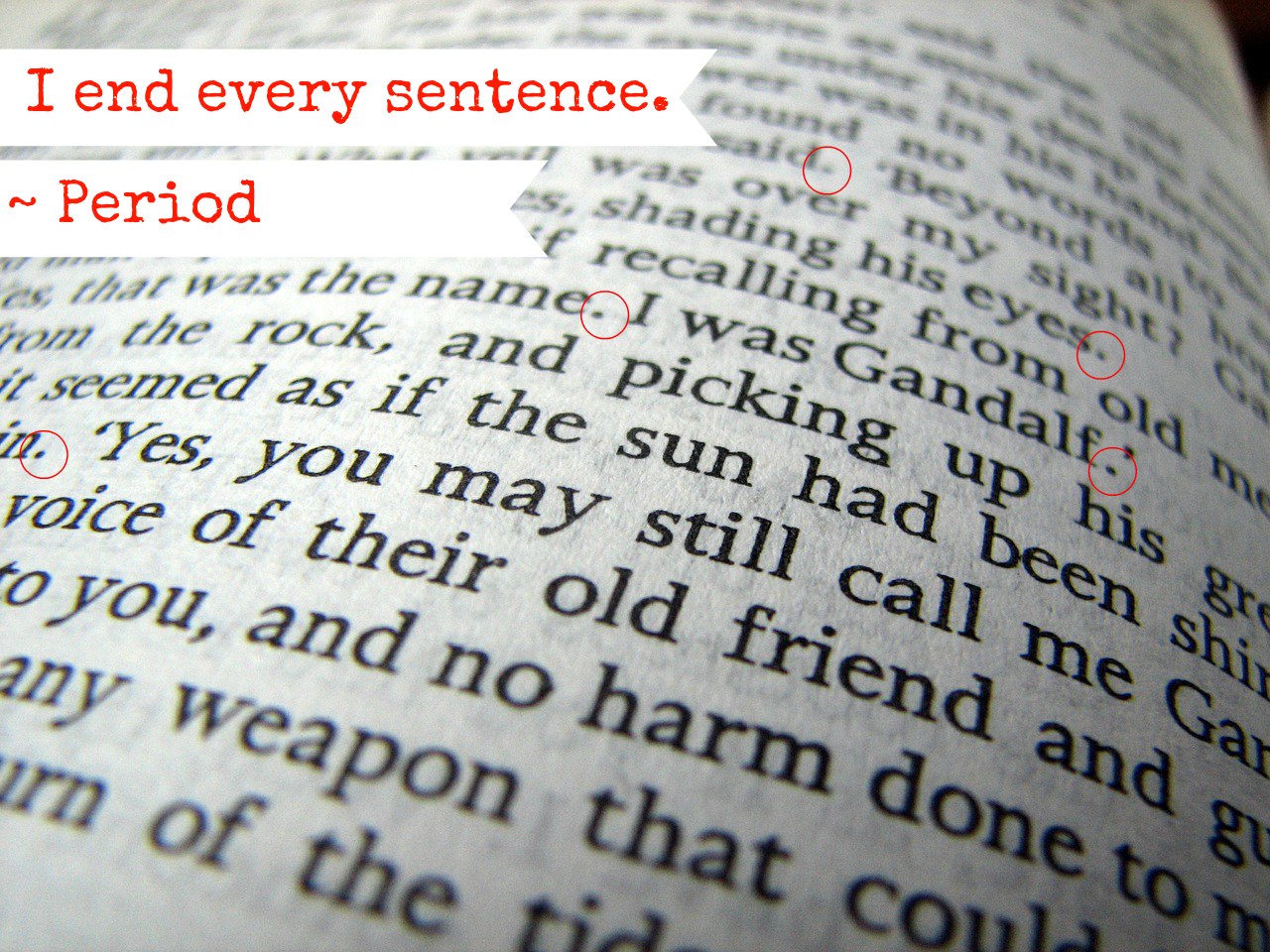The End Of All Sentences – The Period

We have talked a lot about different kinds of punctuation marks here on the Online-Spellcheck.com blog. Yet, we have always missed out on mentioning the ultimate punctuation mark: the period.
Righting this wrong, this concise article is dedicated to the punctuation mark.
Rules for the Period
Periods are called “full stop” in British English for one particular reason: A period ends a complete sentence. It doesn’t matter if the sentence is short or long, complex or simple, and how many sub-clauses it contains. As soon as there is a period, the sentence is completed. This is valid for all complete sentences that form a statement rather than a question or exclamation.
This had to be said.
Another function the period took over was indicating an abbreviation. Many shortened words or terms end in a period. This includes titles as well as other abbreviations:
Dr., M.D., Mr., Mrs., Prof. etc., resp., cf. i.e., e.g.
If a sentences ends with an abbreviation containing a period, do not add another period to end the sentence. The one used in the abbreviation functions as the punctuation mark to mark the sentence as statement as well.
Correct: I did everything! Cooking, doing the dishes, etc. Now it's your turn! Incorrect: I did everything! Cooking, doing the dishes, etc.. Now it's your turn!
Exceptions to the Rules
Of course, there are always exceptions to the rules. In some cases, a sentence does not end with a period, but another punctuation mark:
- Questions conclude with a question mark: ?
- Exclamations conclude with a exclamation mark: !
- Sentences denoting direct speech end in a period-quotation mark cluster: .”
In informal writing or fictional writing, a sentence can also be concluded by an ellipsis, denoting hesitation or an implication.
